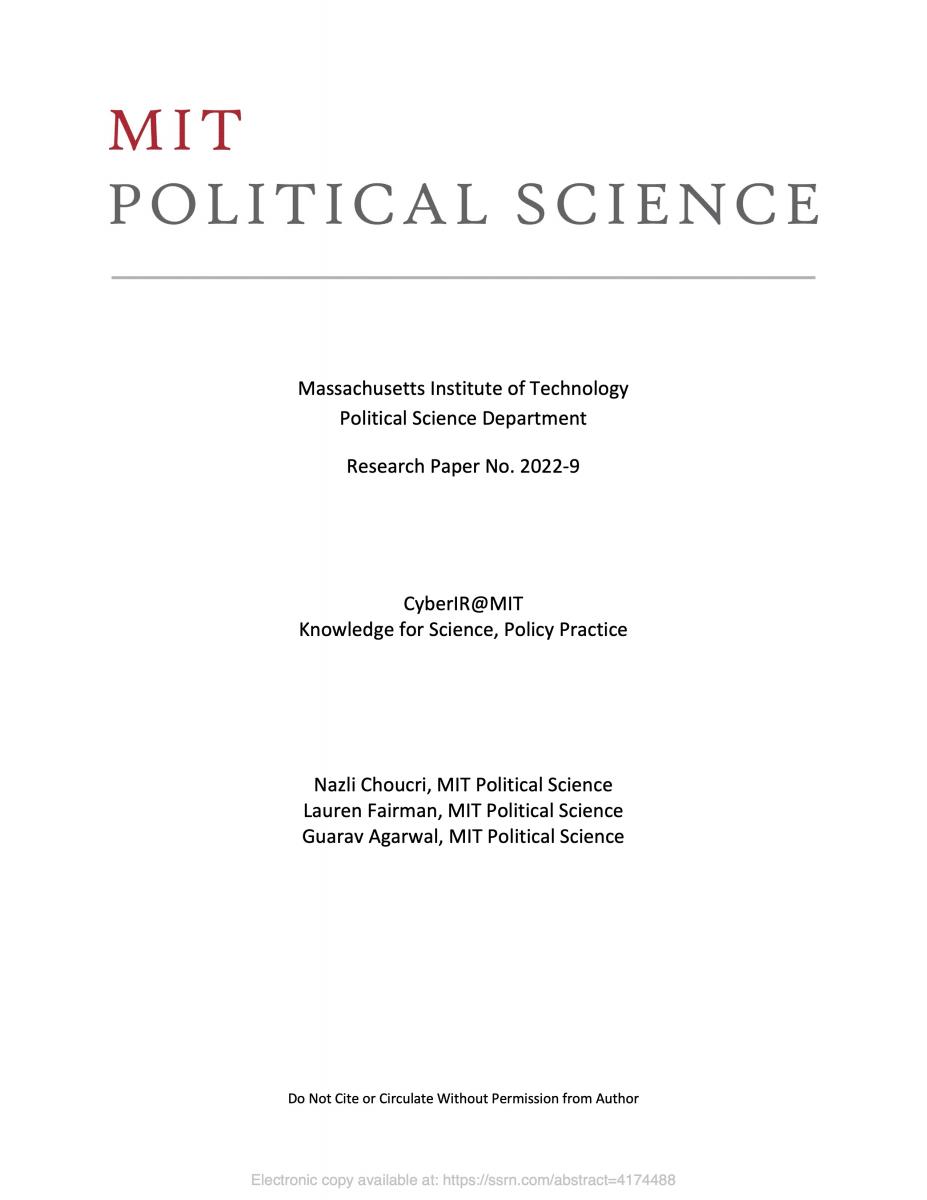URL:
Abstract:
This article explores the concept of cybersecurity convergence, which refers to the growing integration of cybersecurity with other areas of security (e.g. physical security, economic security, national defense) and its implications for both individual security and state security. The authors assert that recognizing cybersecurity convergence is essential for creating modern methods of defense. The traditional boundaries between different areas of security (and private versus public actors at large) are becoming increasingly blurred, and international institutions must take drastic measures to fully adapt to cyber threats’ increasing sophistication and consequence. In particular, the authors highlight the need for cross-disciplinary collaboration and the development of new technologies and political approaches.
The article also discusses the impact of cybersecurity convergence on digital human security, which refers to the protection of individuals' rights and freedoms, particularly privacy, in the digital sphere. Cybersecurity convergence has the potential to both enhance and threaten digital human security, depending on its implementation across differing sovereign states. On the one hand, cybersecurity convergence may lead to more effective and up-to-date protection against cyber threats, including those that pose a risk to individual privacy and data security. On the other hand, it can also be used as a tool for surveillance and control, potentially undermining individual rights and freedoms. The authors use China and the Internet goals of the Chinese Communist Party (CCP) to illustrate an example of aggressive content moderation and its impact on Chinese propaganda, individual and civil rights, and great power competition.
Finally, the article examines the role of cybersecurity convergence in national security, emphasizing the need for collaboration between government agencies (particularly when defense is starkly delineated into national and international security). The authors argue that cybersecurity convergence will play a critical role in protecting national security by enabling more modern and effective defense strategies, but only if government agencies can reconcile their differing organizational perspectives and streamline their approach to cyberspace.
Year:
2020



